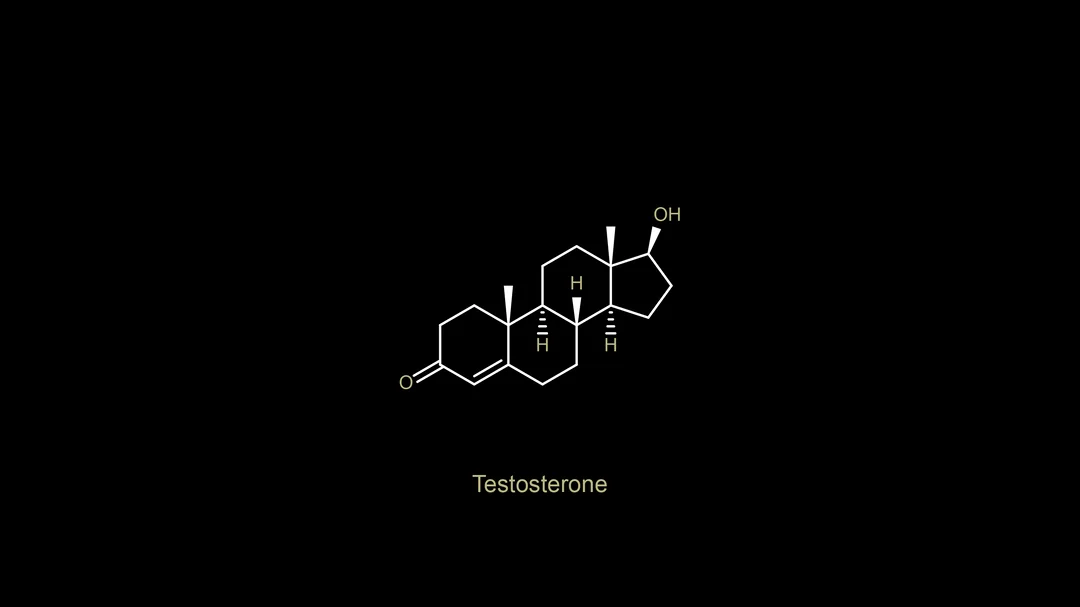Introduction to Biohacking and Testosterone
Maximizing testosterone levels through biohacking involves a range of methods and techniques geared toward enhancing physical and mental performance. From adjusting dietary habits to leveraging cutting-edge technologies, biohacking encompasses the manipulation of different biological factors to attain optimal health outcomes. Among its diverse goals, enhancing testosterone levels stands out due to its profound impact on overall health, vitality, and mental well-being.
Testosterone, often referred to as the primary “male hormone,” plays a pivotal role in functions such as muscle mass development, bone density maintenance, mood regulation, and sexual health. Although women also produce testosterone, it is typically in smaller quantities. Regardless of gender, maintaining optimal testosterone levels is essential for experiencing vitality and vigor. This piece explores various biohacking strategies for naturally elevating testosterone levels, encompassing elements such as dietary adjustments, physical activity, sleep optimization, and targeted supplementation.

Diet and Nutrition
Importance of a Balanced Diet
A balanced diet is fundamental for maintaining optimal hormone levels. Nutrients play a significant role in testosterone production and regulation. Ensuring that your diet includes a variety of vitamins, minerals, and macronutrients can help support healthy testosterone levels.

Understanding Testosterone
The Role of Testosterone
Testosterone is a steroid hormone primarily produced in the testes in men and the ovaries in women, with small amounts produced by the adrenal glands. It is responsible for the development of male reproductive tissues, increased muscle and bone mass, and the growth of body hair. Additionally, testosterone is crucial for health and well-being, influencing energy levels, mood, and libido.
Symptoms of Low Testosterone
Low testosterone levels can manifest through various symptoms, including fatigue, decreased libido, erectile dysfunction, depression, and loss of muscle mass. Understanding these symptoms is essential for recognizing the need to take steps to boost testosterone.
Key Nutrients for Testosterone
- Zinc: An essential mineral for testosterone production. Foods rich in zinc include oysters, beef, spinach, and pumpkin seeds.
- Vitamin D: Known as the “sunshine vitamin,” it is crucial for testosterone production. Fatty fish, egg yolks, and fortified foods are excellent sources.
- Healthy Fats: Testosterone is synthesized from cholesterol, so including healthy fats from sources like avocados, nuts, and olive oil can be beneficial.
- Magnesium: This mineral helps regulate testosterone levels. Leafy greens, nuts, and seeds are good sources of magnesium.
- Protein: Adequate protein intake is essential for muscle repair and hormone production. Lean meats, fish, and legumes are excellent protein sources.
Foods to Avoid
Certain foods can negatively impact testosterone levels and should be consumed in moderation
Processed Foods
Alcohol
Soy Products
Often high in trans fats and sugars, which can lower testosterone.
Excessive alcohol consumption can reduce testosterone production.
Contain phytoestrogens, which can mimic estrogen and potentially disrupt testosterone levels.
Exercise and Physical Activity
Strength Training
Strength training, particularly lifting heavy weights, is one of the most effective ways to boost testosterone levels. Compound movements such as squats, deadlifts, and bench presses are particularly beneficial as they engage multiple muscle groups and stimulate hormone production.
High-Intensity Interval Training (HIIT)
HIIT involves short bursts of intense exercise followed by rest or low-intensity periods. This type of training has been shown to increase testosterone levels and improve overall fitness. Incorporating HIIT into your routine a few times a week can be an effective strategy.
Avoid Overtraining
While regular exercise is beneficial, overtraining can have the opposite effect. Excessive physical stress can lead to elevated cortisol levels, which negatively impact testosterone production. Ensuring adequate rest and recovery is crucial for maintaining optimal hormone balance.

Sleep and Stress Management
Importance of Quality Sleep
Sleep is critical for testosterone production. Most testosterone release occurs during sleep, particularly during REM (rapid eye movement) cycles. Aim for 7-9 hours of quality sleep per night to support healthy hormone levels.
Stress and Cortisol
Chronic stress elevates cortisol levels, which can suppress testosterone production. Effective stress management techniques, such as mindfulness, meditation, and deep breathing exercises, can help mitigate this effect.
Sleep Hygiene Tips
- Establish a Regular Sleep Schedule: Go to bed and wake up at the same time every day.
- Create a Relaxing Bedtime Routine: Engage in calming activities before bed, such as reading or taking a warm bath.
- Optimize Your Sleep Environment: Ensure your bedroom is cool, dark, and quiet.
- Limit Screen Time: Avoid electronic devices at least an hour before bed, as the blue light can interfere with melatonin production.
Supplementation
Popular Supplements for Testosterone
While diet and lifestyle changes form the foundation of testosterone optimization, certain supplements can provide additional support:
- D-Aspartic Acid: An amino acid that can boost testosterone levels, particularly in men with low testosterone.
- Fenugreek: An herb with compounds that may increase testosterone and improve libido.
- Ashwagandha: An adaptogenic herb known for its stress-reducing properties and potential to increase testosterone levels.
- Tribulus Terrestris: A plant-based supplement that may enhance testosterone production and sexual function.
- Vitamin D: Supplementation can be beneficial, especially for those with low levels due to limited sun exposure.
Considerations and Cautions
It’s important to consult with a healthcare provider before starting any supplementation, particularly if you have underlying health conditions or are taking other medications. Not all supplements are created equal, and quality can vary significantly between brands.
Lifestyle Factors
Maintaining a Healthy Weight
Body fat percentage is closely linked to testosterone levels. Excess body fat, particularly around the abdomen, can convert testosterone to estrogen, reducing overall testosterone levels. A balanced diet and regular exercise can help maintain a healthy weight and support optimal hormone levels.
Limiting Toxin Exposure
Environmental toxins, such as endocrine-disrupting chemicals found in plastics and personal care products, can negatively impact testosterone levels. It can be beneficial to reduce exposure by choosing natural products, avoiding plastic containers, and using glass or stainless steel for food storage.
Social and Emotional Health
Healthy relationships and a positive emotional state can influence testosterone levels. Social interactions, physical touch, and engaging in activities that bring joy and fulfillment are essential components of overall well-being and hormonal health.
Final Thoughts
The journey to peak testosterone levels is dynamic and ongoing. Staying informed about the latest research and developments in biohacking can help you refine your strategies and achieve optimal results. Embrace the process, listen to your body, and enjoy the benefits of enhanced health and vitality.





